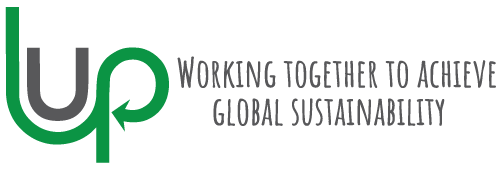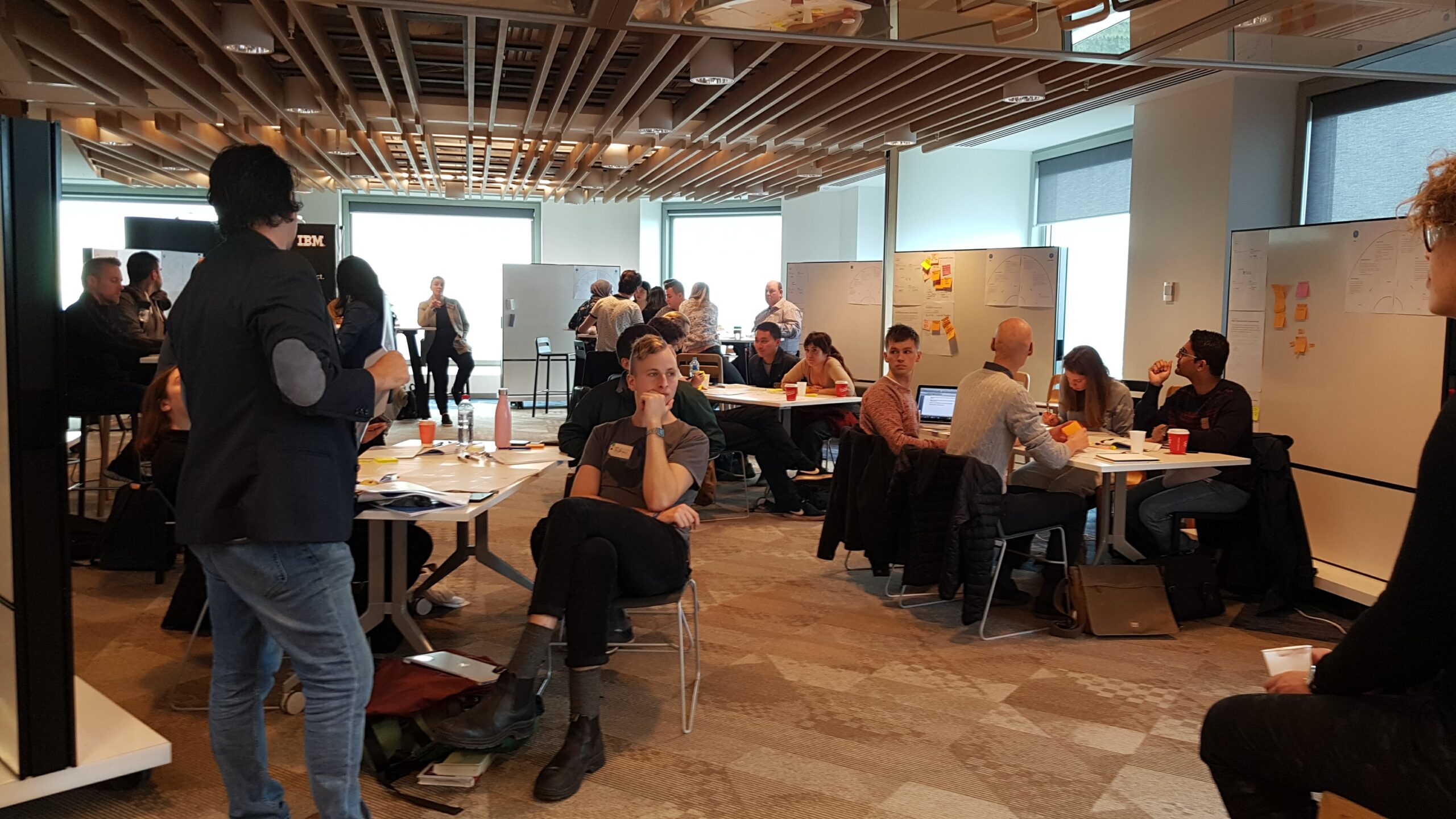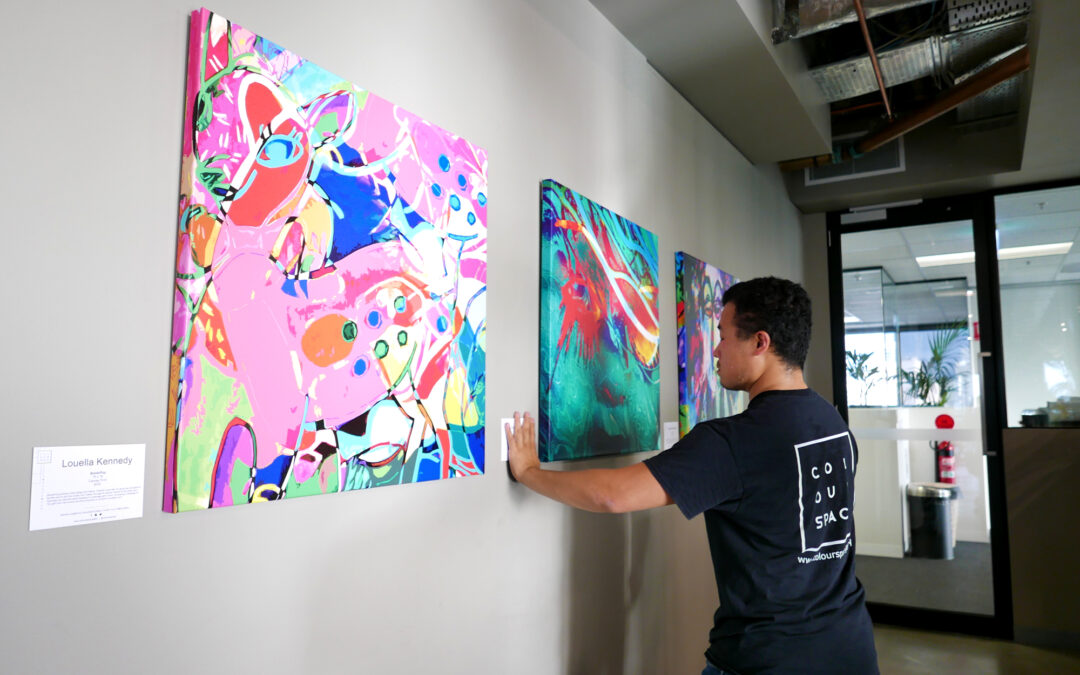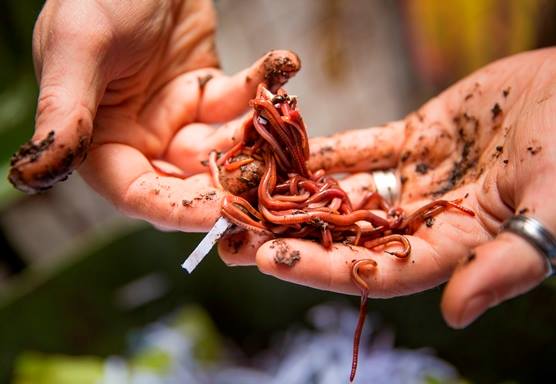

July 2018
Part 2 : Feature Guest Expert Catherine Weetman (UK) summarises circular economy approaches
In this month’s feature collaboration with guest expert Catherine Weetman, we investigate how organisations can explore options and prioritise circular economy opportunities. In her work with UK organisations, Catherine found the circular economy was often perceived as either a new ‘buzzword’ for resource efficiency, or simply as more effective recycling. Others thought it meant you had to completely ‘close the loop’ for a product or business, which seemed overwhelmingly difficult when faced with all the existing processes supporting the ‘linear’ model (take some materials, make a product, use it and then discard it). For her book, Catherine developed a framework to highlight the ‘intervention points’ in the value chain where you can make changes to improve circularity. A risk analysis is often a good starting point: perhaps exploring resource availability (and cost volatility), ethical or reputation risks (single use plastics, modern slavery, child labour, deforestation etc), process input costs (chemicals, water, energy, etc), existing waste flows, forthcoming legislation. There will be opportunities to explore: perhaps swapping a virgin resource to something renewable or recycled with the benefit of lower costs; or creating a local supplier partnership instead of reliance on opaque, long-distance supply chains.New Listings
Plastic strapping (Australia) The green plastic strapping used in Distribution centres and warehouses that is used to tie stock down onto pallets. With the recent changes in China’s ban on imported plastic, this is now being stored on-site until a viable option for recycling is found.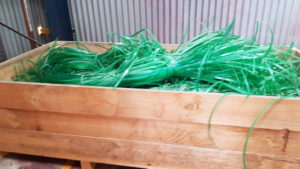

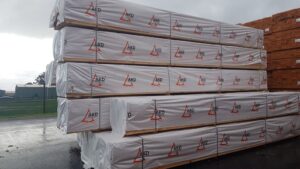

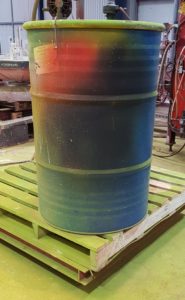

Active Listings
Pallets (Australia) This organisation imports copper rods that are packed on a wooden skid – the skid is custom designed to allow safe handling in their facilitates. The shape is unique in its design to suits the application and could only be re-used if they returned the skids to the overseas suppliers which is not economical


Have a listing you want to register with LUP Global?
Then register it here. As we mentioned on our launch night, we may not be able to find a recipient or a supplier it straight away, but as our network grows, invariably the connections will come. Having your listings registered means we’re always on the look out to bring the right people in! You can get in touch with is via info@lupglobal.com. Be sure to follow us on Facebook, Twitter, and LinkedIn.News Corner
Fight the war on waste with the City of Melbourne A large amount of food is wasted each year by residents, businesses and our own operations. The city is currently considering a range of options to reduce food waste, including working with charities and helping cafes and restaurants recover their organic waste. Help them fight the war on waste in Melbourne and share your views by clicking here.
Costa Rica is leading the way banning single-use plastic
World’s First Pay-What-You-Can Grocery Store! It Saves Food Otherwise Destined for Trash The world’s first pay-what-you-can grocery store just opened up in Toronto and the shelves are stocked entirely with food that was destined for a landfill. Read more.
